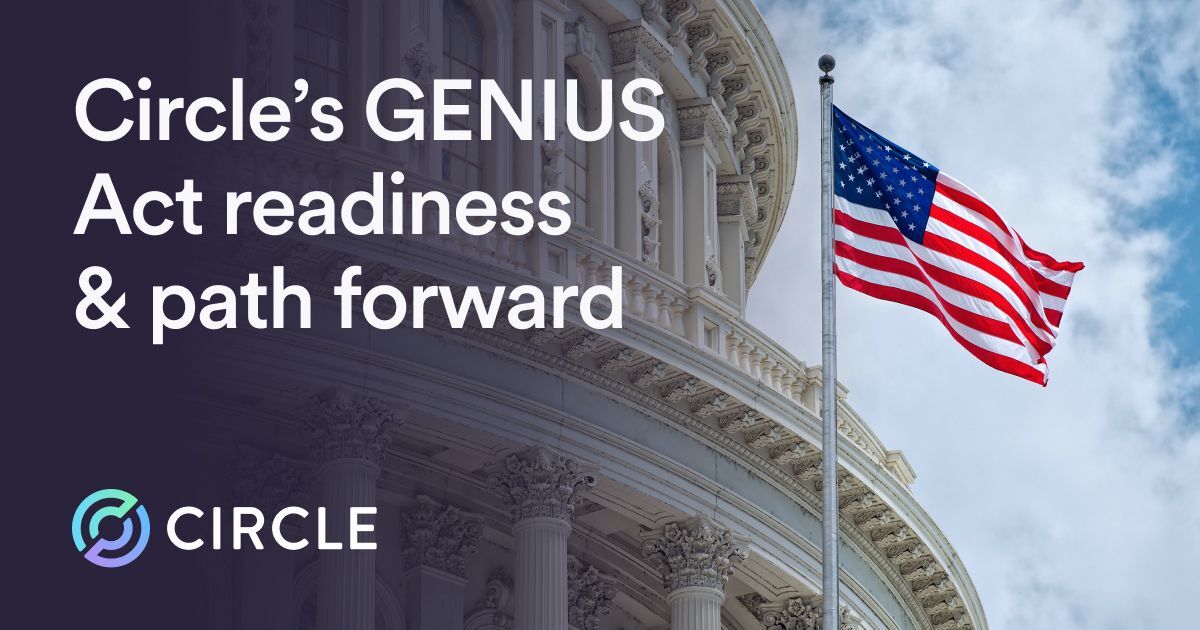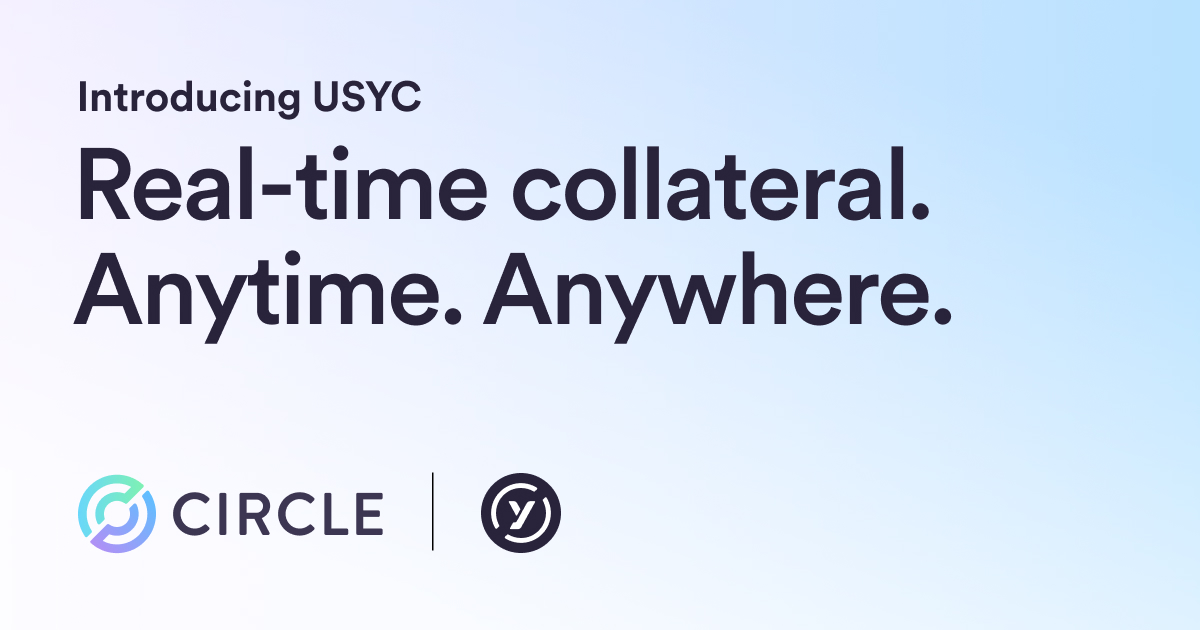Friend-of-the-court brief explains why payment stablecoins are not securities.

Since Circle’s founding a decade ago, we have always aspired to a regulation-first approach based on trust, transparency, accountability and financial integrity. We believe it is essential to comply and communicate with governments and regulators on matters that impact our business and customers. To that end, Circle filed a friend-of-the-court, or amicus, legal brief in the U.S. District Court for the District of Columbia on Sept. 28 outlining why USDC and other U.S. dollar-backed payment stablecoins are not securities. The brief also explains that the U.S. Securities and Exchange Commission does not have jurisdiction over payment stablecoins, because USDC is a form of money and lacks the essential features of an investment contract.
The court is considering a case in which the SEC accuses Binance of illegally offering and selling BUSD as an “investment contract” and therefore a type of “security” under federal law—without registering it with the SEC. The case marks the first SEC enforcement action involving a dollar-denominated stablecoin.
“Circle has a strong interest in advancing a robust, well-defined regulatory and legal framework for payment stablecoins and in ensuring that existing laws and regulations are enforced with both vigor and precision,” the brief said. “The SEC’s claim that Binance offered and sold its competing stablecoin as an unregistered security raises serious legal questions affecting digital currency and the U.S. economy more broadly.”
Circle submitted our brief not to support either party in the case, but to aid the court’s consideration of the SEC’s allegations about BUSD. While Circle takes no position on whether the SEC has sufficiently alleged that Binance offered or sold a security, our brief makes three points:
- First, payment stablecoins—and especially U.S. dollar-backed payment stablecoins like USDC —are an essential part of the digital-asset ecosystem, and they are fundamentally different from the tokens that the SEC has previously asserted are securities.
- Second, standing alone, such payment stablecoins like USDC are neither investment contracts nor any other type of security, and so the SEC has no authority over standalone sales of these tokens. In evaluating the SEC’s complaint, it is critical that the court assess the entire transactional context that the SEC alleges surrounded Binance’s sales of BUSD.
- Third, the legal and practical stakes at play underscore why the court should reject any overbroad or imprecise SEC assertions of jurisdiction over payment stablecoins. The court should be especially cautious before extending SEC enforcement authority over BUSD while stablecoins remain the subject of vigorous congressional debate and pending federal legislation.
Our brief notes that the SEC does not allege that BUSD, by itself, is a security - nor could it.
“Payment stablecoins, on their own, do not have the essential features of an investment contract. They do not independently give buyers any potential for profit, and certainly not based on the efforts of the stablecoin issuer,” the brief said. “As a result, the SEC has no jurisdiction over such stablecoins, absent additional factors that turn the sale of the stablecoin into an investment contract.
We also urge the court to carefully scrutinize the SEC’s novel claims of authority to ensure that Binance’s BUSD offering in fact falls within the agency’s jurisdiction.
“[A]ny potential jurisdictional conflict created by this Court would undercut the activities of other federal and state regulators, private plaintiffs, and even Congress itself,” Circle said in its brief. “More broadly, a novel grant of jurisdiction over payment stablecoins to the SEC by this Court would sow widespread confusion over a tool used to facilitate trillions of dollars in transactions each year and result in substantial detriment to the digital-asset industry and the U.S. economy at large.”
The full text of Circle’s amicus brief is available here.




